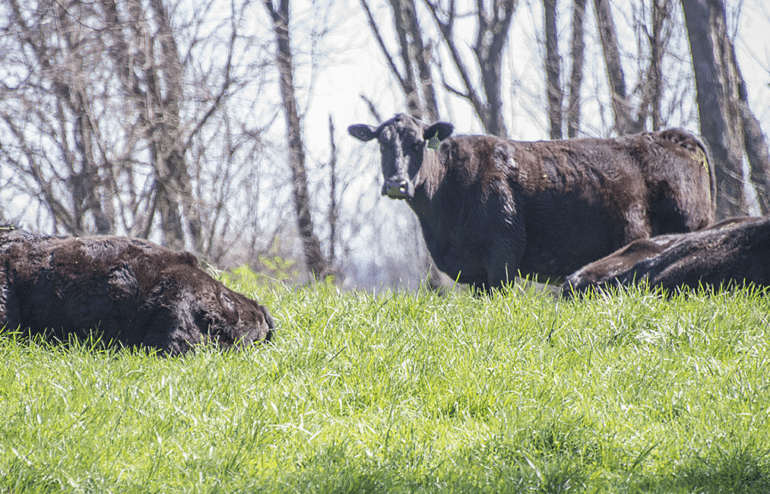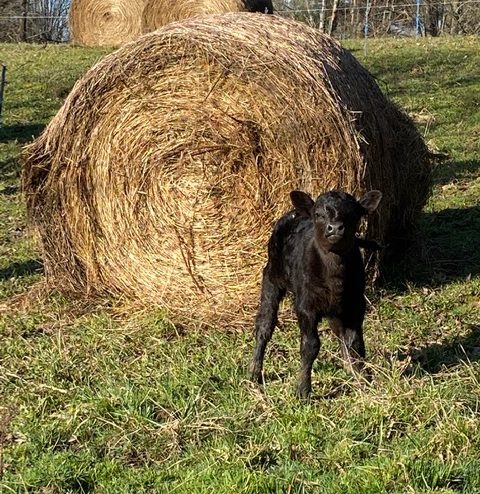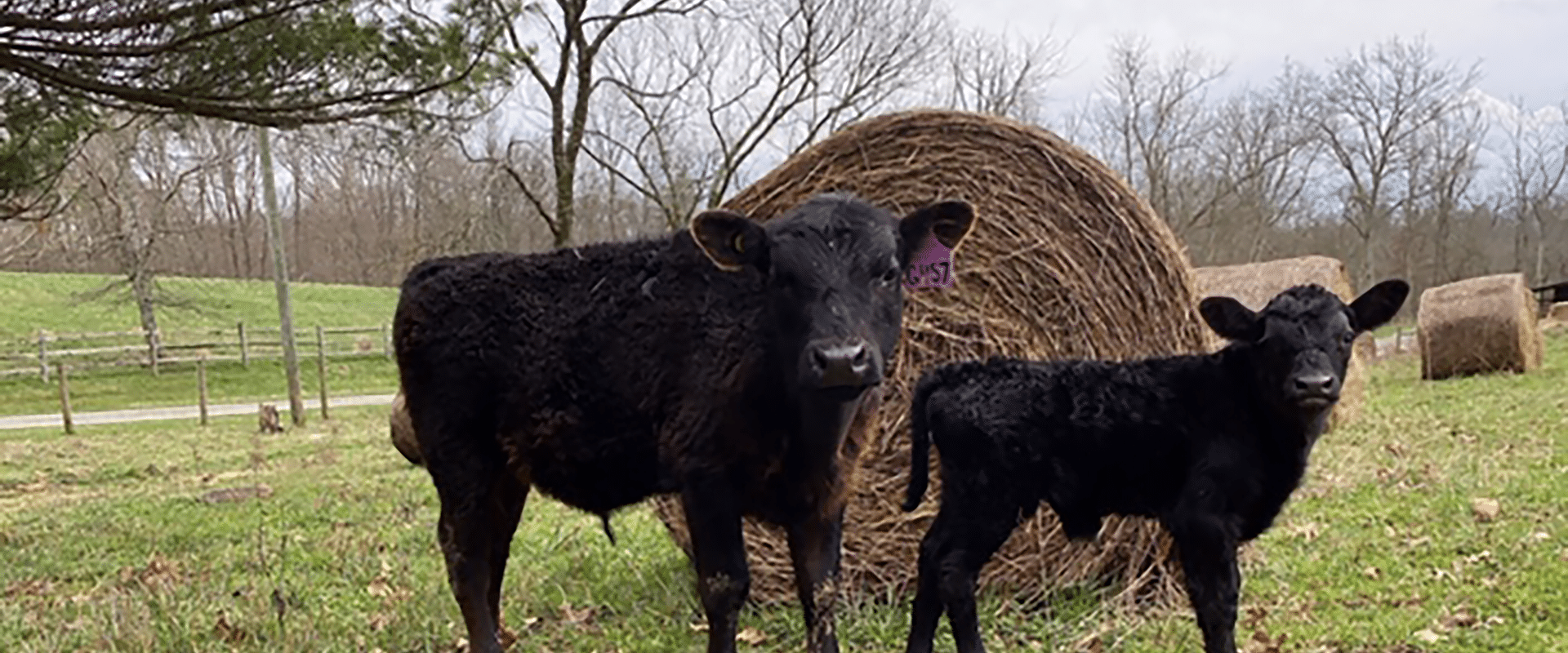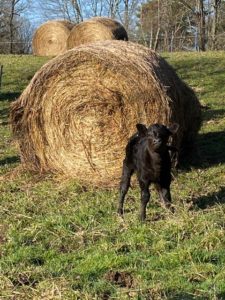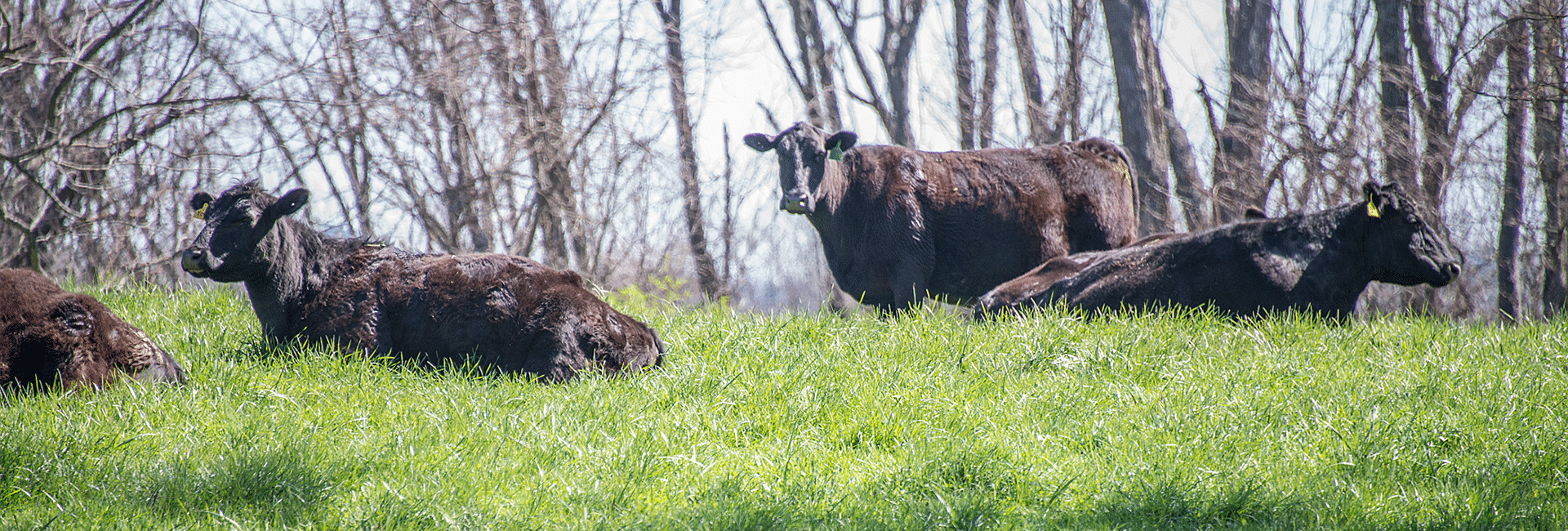
Not all grass-fed beef is created equal
Why are we selling beef raised in Michigan here at our farmstore? 100% grass fed and finished, these cattle were raised as part of our ongoing research into the nutritive benefits of grass-fed beef in collaboration with Michigan State University.
Definitive results from a 2018 collaborative study from Greenacres Foundation and Michigan State University (MSU), investigating the nutritional quality of grass-fed beef show that not all grass-fed beef is created equal. Among other nutritional benefits, grass-fed beef claims to have a more favorable fatty acid profile than grain-fed beef, with a purported omega-6 to omega-3 ratio of 2-to-1. The findings of our 2018 research showed that, of the 750 samples collected, a large portion labeled “grass-fed” had fatty acid profiles that more closely resembled grain-fed beef with omega-6 to omega-3 ratios in excess of 10-to-1. The 2018 study was based on beef samples from farms across the U.S. with self-reported production practices that were difficult to verify and had wide variability. This left us perplexed as to what was causing the skewed omega 6-to-3 ratios. More research was needed.

Greenacres Research Director
One thing was for certain though – the beef that was raised on farms like ours that grazed fresh, growing grass, without supplementation, resulted in the most favorable nutritional profiles.
To discover what factors were driving the unexpected results, Greenacres has once again partnered with MSU for a second study to increase the collective knowledge of grass-fed beef production and help increase consumer awareness. Sixty beef cattle were purchased by Greenacres and sent to MSU’s research farm in Battlefield, MI. There, the cattle were randomized and put on different feeding regimens, including forms of supplementation currently allowed under some “grass-fed” labeling claims. After 6 months the cattle were harvested and nutritional analysis will be completed to look for variation between the beef from cattle in different regimens. This study will be repeated again in 2021 and the results will be published in a refereed scientific journal – helping to fill current knowledge gaps to improve grass-fed beef production.
Of the sixty cattle in the study, the meat from seventeen were brought back to Cincinnati – these were the cattle who followed Greenacres production practices only – 100% grass fed and grass-finished – resulting in beef that we know is of the highest nutritional quality. This beef is from Michigan, but played an important role in our research toward bringing you the best quality, most nutritious beef.
Greenacres is proud to sponsor ground-breaking research in the world of agricultural science. Together with our partners at Michigan State University, we continue to explore the nutritional differences of grass-fed beef. We look forward to the next phase of this research being released to the public soon. Our beef products are available for sale throughout the year in our Farmstore, located at 8255 Spooky Hollow Road.

